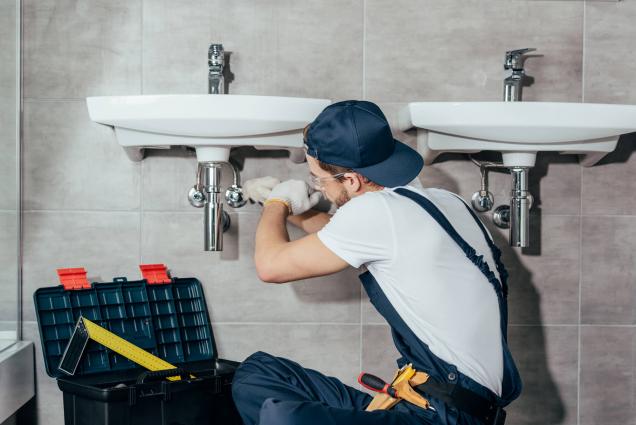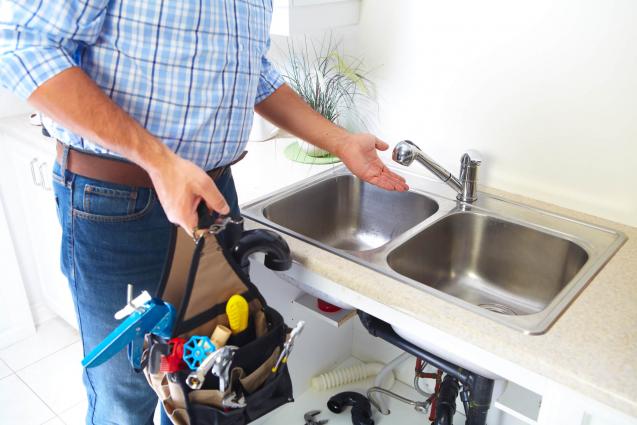
Budgeting for a Hot Water System: How to Estimate Installation and Running Costs
This guide answers all your questions about budgeting for a hot water system, using current estimates and tips to save on costs.
What Determines Hot Water System Costs?
Your hot water system costs depend on the type of system, water tank capacity, and your household needs and lifestyle.
- Type of Hot Water System
These cost between $3,600 to $4,800, with an extra $1,000-$2,000 for a split system, connecting your solar heater to gas or electric as a backup.
- Water Tank Capacity
- Full-time residents versus visitors, e.g., friends and relatives staying over
- Number of showers in the house: One shower is more effective heating-wise than multiple showers running simultaneously
- Appliances: Know your dishwashing and laundry cycles to determine hot water use.
- Household Needs and Lifestyle
Switching from a school to a work schedule also means adjusting your water usage. So, instead of installing a new version of the system you found in your house, consider your unique household needs and choose the most efficient option.
What Determines Installation Costs?
Delivery, complexity, and water tank disposal are the main factors influencing your hot water installation costs.
- Delivery: You'll pay more to cover a longer distance from your vendor to your home and extra for a larger heater that needs multiple installers to handle safely.
- Complexity: You'll pay less for a type-for-type swap-out ($260-$690) compared to upgrading from electric to solar ($1,500-$3,000) or moving your system from one location in the house to another ($$1,100-$2,100).
- Disposal: Since old water heaters require safe removal, installers often charge for this service ($60-$80) to take it to a certified scrap metal centre for recycling.



